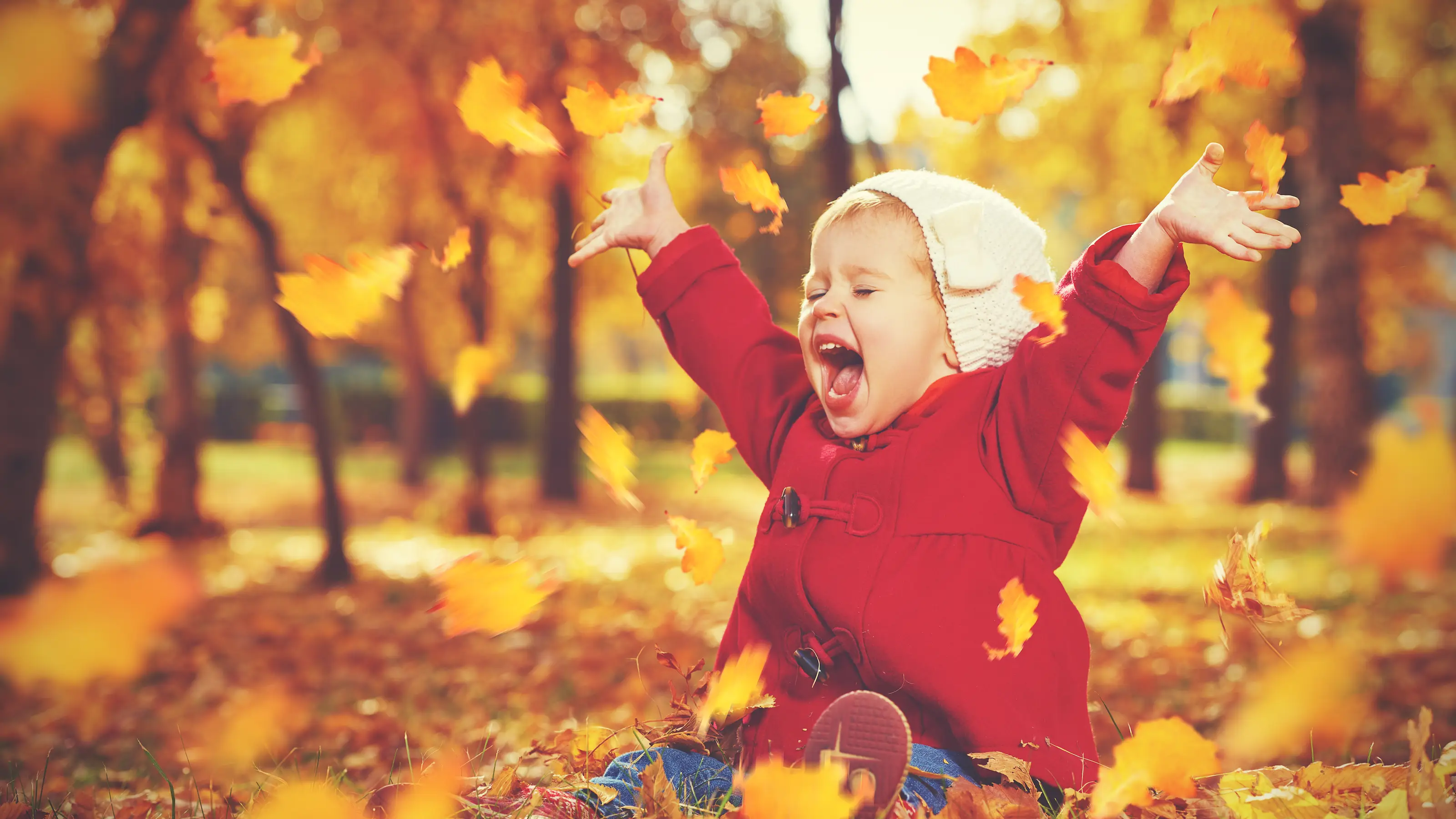The subject of sleep disruption due to the pandemic already has its own terminology – coronasomnia. Which is enough of a clue that there is indeed an issue with global sleep patterns (or lack thereof) due to Covid 19.
And of course, it is completely understandable given what the world has been going through. People dying, families separated due to travel restrictions, huge upheaval to routines and ‘normal’ life, millions of job losses, the list really goes on. So is it any surprise that people are finding it extremely difficult to sleep with the amount of stress and anxiety faced on a daily basis?
How has people’s sleep been affected by such a tough year?
According to this news article from UC Davis Health, medical professionals were already seeing alarming levels of difficulty sleeping prior to Covid 19 and now, there is what they would describe as a second pandemic – of insomnia. This is due to people worrying about jobs, their children being at home and even getting sick with the virus themselves. These anxieties cause fear and depression, and the inability to switch off their thoughts when it is time for bed.
There is also a huge amount of uncertainty for many, as the pandemic still has a firm grip on many countries which are experiencing second and third waves of the disease. And to explain the enormous increase in people experiencing insomnia physician Abhinav Singh, director of the Indiana Sleep Center, came up with the acronym ‘FED UP’. The letters stand for ‘financial stress, emotional stress, distance from others, unpredictability, and personal and professional concerns’.
To dig deeper into the worries and concerns of people, and in turn what was keeping them awake at night, Sleep Cycle (an app available on android and apple devices) conducted a study of nearly 70,000 people over five nights in June 2020. It discovered that teens and young adults were feeling the greatest impact on their sleep and happiness, citing loneliness and the consumption of too much technology as their biggest issue. Transitioning to remote learning and social isolation also coincides with less time spent outside and less exercise, which certainly has a detrimental effect on the ability to fall asleep.
When will life (and sleep) return to ‘normal’?
Perhaps with the news that an effective vaccine will be available in the very near future, those suffering from coronasomnia will be able to finally get that sleep they desperately need. But there is little doubt that life can resume any sense of ‘normality’ any time soon. It may be that the world prior to 2020 will never be again and ultimately, only time will tell.
References:
https://www.washingtonpost.com/health/2020/09/03/coronavirus-sleep-insomnia/


















